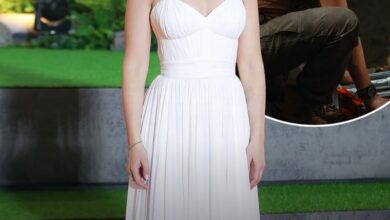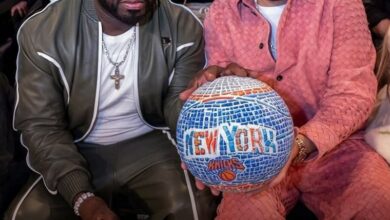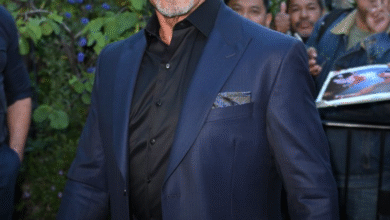The One Thing Mary J. Blige Hated Most About Hollywood: Racism, Exploitation, and the Pressure to Conform
OPINION: This article may contain commentary which reflects the author's opinion.
Mary J. Blige, often hailed as the “Queen of Hip-Hop Soul,” has never shied away from speaking candidly about the harsh realities of the entertainment industry. Among her many grievances, one issue stands out as the most deeply frustrating: Hollywood’s systemic racial bias and the relentless pressure it places on Black women to conform.
Racial Bias and Industry Pressure
Blige has been blunt about the racial hurdles Black artists face in Hollywood. “The blacker you are, the worse it is for you,” she asserted, shedding light on the unspoken rule that success often requires catering to white America’s expectations—how Black artists should look, act, and create. “If you want to be yourself, and try to do things that fit you, and your skin, nobody cares about that,” she said. Her words expose a painful truth: white America dominates the industry and, in her view, perpetuates systemic racism that limits artistic freedom and authenticity for Black performers.
As a Black woman navigating the music business, Blige also felt intense pressure to conform to pop culture trends shaped predominantly by white cultural norms, which often conflicted with her genuine self-expression.
Sexual Harassment and Industry Exploitation
Blige’s frustrations extend beyond racial bias. She has courageously shared her traumatic experiences with sexual harassment, revealing abuse she suffered from the ages of five to seventeen. By the time she entered the music industry, she developed a fierce protective instinct. “Don’t touch me or I’ll kill you,” she famously said, reflecting the resilience born from years of hardship.
She has also criticized the exploitative nature of the industry, where producers and record executives wield overwhelming influence, frequently compromising artists’ visions. This dynamic, she argues, further strips Black women of control over their careers and creative output.
Personal Growth and Authenticity
Despite these systemic challenges, Mary J. Blige has emerged as a symbol of strength and authenticity. Through her music and personal journey, she has embraced self-love as a cornerstone of her healing and empowerment. “Learning to love yourself is the most important thing,” she has said, underscoring how her personal growth fuels her ability to inspire others.
In sum, Mary J. Blige’s chief frustration with Hollywood is rooted in racial bias, pressure to conform, and an industry culture that has historically exploited Black women. Yet her story is also one of resilience and unwavering commitment to authenticity—a testament to her enduring legacy as both an artist and advocate.



